There’s an expression in Hollywood that says that there’s no such thing as bad publicity. However, in the case of the massive cyber attack of Sony Pictures (Nov. 24), where thousands of documents including private e-mails, budget numbers, executive salaries, social security numbers, home addresses, as well as employee health records were stolen… somehow, I don’t think Sony is keyed up.

A group calling itself, (are you ready for this), Guardians of Peace claimed responsibility. I’d love to ask them how stealing private and personal information from a movie studio is demonstrating peace. However, the pretext the GOP (not the Grand Old Party, folks) for all this mayhem is the release of a new Seth Rogen comedy, “The Interview”; a film about two American tabloid journalists who are hired to assassinate North Korea’s Kim Jon-Un; (Why Sony thinks this kind of movie would play well in Europe as well as America, is beyond me, but then I’m not a highly paid Sony executive.)
The real issue in all this is should the news media disseminate information that’s been illegally obtained?
Frankly, I’m surprised that several news organizations – mostly tabloid – persist in the wrong-headed notion that receiving stolen information is not the same as receiving stolen goods. And the First Amendment argument just doesn’t hold up, here. What little information I’ve read on the Sony e-mails comes in the form of gossip and racial remarks by a producer and Sony executive. However, these documents do not rise to the level of The Pentagon Papers or Watergate. Americans needed to know that they were being lied to about Viet Nam and that Nixon was, in fact, a crook. Those were clear and compelling cases for a need to know. Reading the private e-mail of a producer who calls Angelina Jolie a “brat,” does not.
“Until now,” The New York Times reported (Dec. 14), “the data has provided a feast for traffic-hungry websites like Fusion, [which bills itself as “pop culture” and “satire” – code for gossip], and those owned by Gawker Media [full-blown gossip], along with some mainstream news organizations like Bloomberg, which last week posted an article — without citing names — revealing details of employee medical records that were made public by the hackers.”
As if omitting the names makes them any less culpable.
In a recent story carried on Bloomberg (Dec. 15), Leonid Bershidsky writes, “the ethics of this situation are more complicated than Sony would like to admit: Completely apart from the content of the stolen material, the media’s publishing of it has been a socially useful act, an instance of moral hazard for the digital masses.”
That’s not ethics, Mr. Bershidsky, that’s a barefaced rationalization, an excuse, a justification to do what you want until… it happens to you!
“…I believe that reporting faithfully, and in great detail,” Bershidsky continues, “on the scale of the Sony hack makes the public aware of a reality it tends to ignore. It could roughly be formulated as follows: ‘Whatever you put on a computer network that is connected to the Internet is, essentially, published for all to see.’ No server is secure enough from hackers, and no big brand is trustworthy enough when it comes to information security.”
(Memo to the GOP: that’s Leonid B-E-R-S-H-I-D-S-K-Y @bershidsky.)
“In a sharply worded letter sent to news organizations, including The New York Times, David Boies, a prominent lawyer hired by Sony, characterized the documents as ‘stolen information’ and demanded that they be avoided, and destroyed if they had already been downloaded or otherwise acquired.
“The studio ‘does not consent to your possession, review, copying, dissemination, publication, uploading, downloading or making any use’ of the information, Mr. Boies wrote in the three-page letter, which was distributed Sunday morning
“Heather L. Dietrick, general counsel for Gawker Media, said the organization was not yet aware of Mr. Boies’s letter. She said Gawker reports had been confined to ‘very newsworthy’ and ‘revelatory’ documents. A Bloomberg spokesman declined to comment.
“Kurt Opsahl, deputy general counsel for the Electronic Frontier Foundation, voiced doubt that the media could be forced to avoid such material, even if it was illegally obtained by a third party, given court precedent. ‘It is unfortunate that Sony got hacked, and lost control over its internal information,’ Mr. Opsahl said in an email. ‘But the solution is not to muzzle the press.’ ”
What makes these particular responses astonishing is the extraordinary short-sightedness of these organizations and the people who make decisions. How would they respond if their organization was attacked, private e-mails were released along with sensitive corporate information?
More surprising is the fact that Sony executives reached out to “fellow studio chiefs” to secure a letter condemning the act. However, Sony’s ask was met with silence.
“Privately,” The Times writes, “some Sony executives have expressed bewilderment and resentment at the public silence of the company’s peers. One of the studio’s executives used the following analogy: Imagine a cul-de-sac where, when one house erupts in flames, the neighbors never come outside to help.”
“A general reluctance to speak out against the free use of Sony’s stolen secrets is fueled, at least in part, by the fear that attention will swing to any vocal defender, either in the form of hacking or in unwanted media attention.”
Clearly, cyber attacks have become a part of the 21st century. It’s another form of terrorism, and anyone who believes it can’t happen to them is burying their head in the sand.
Comments
Leave a Comment

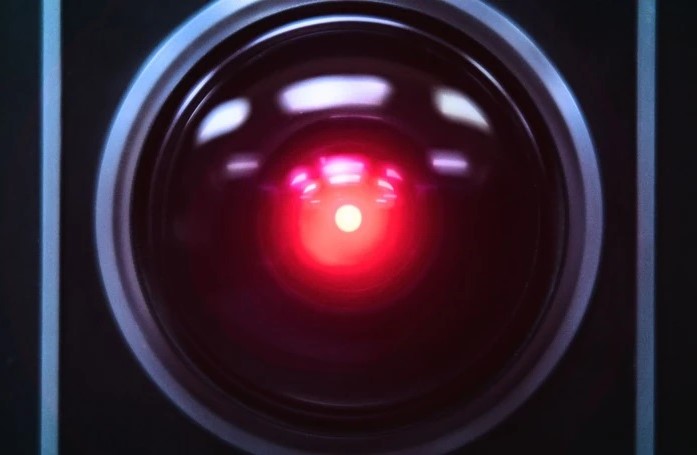

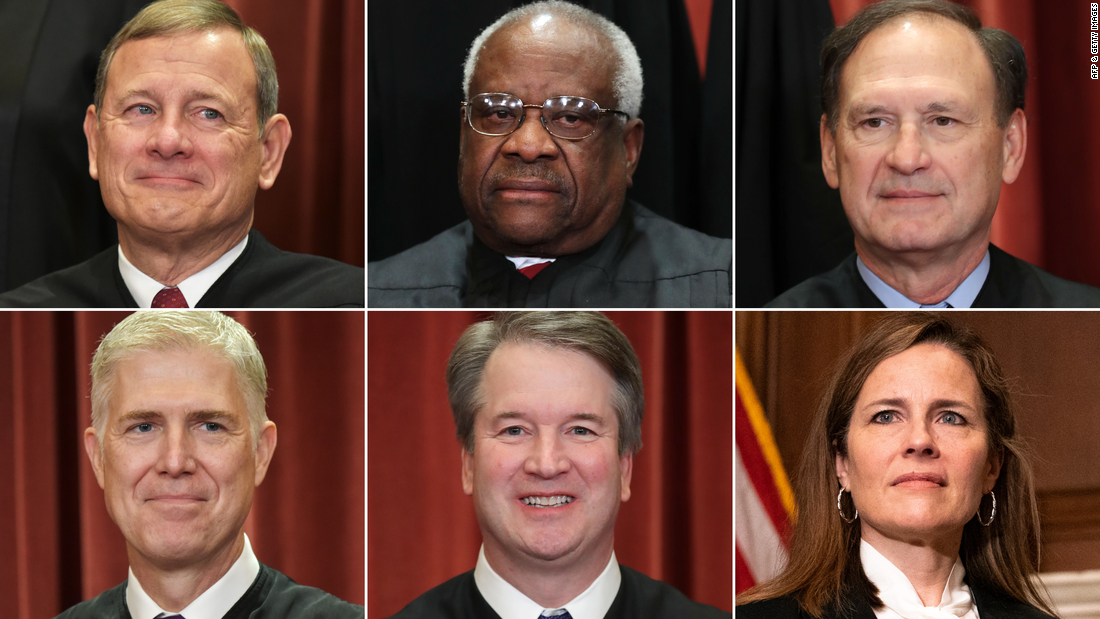
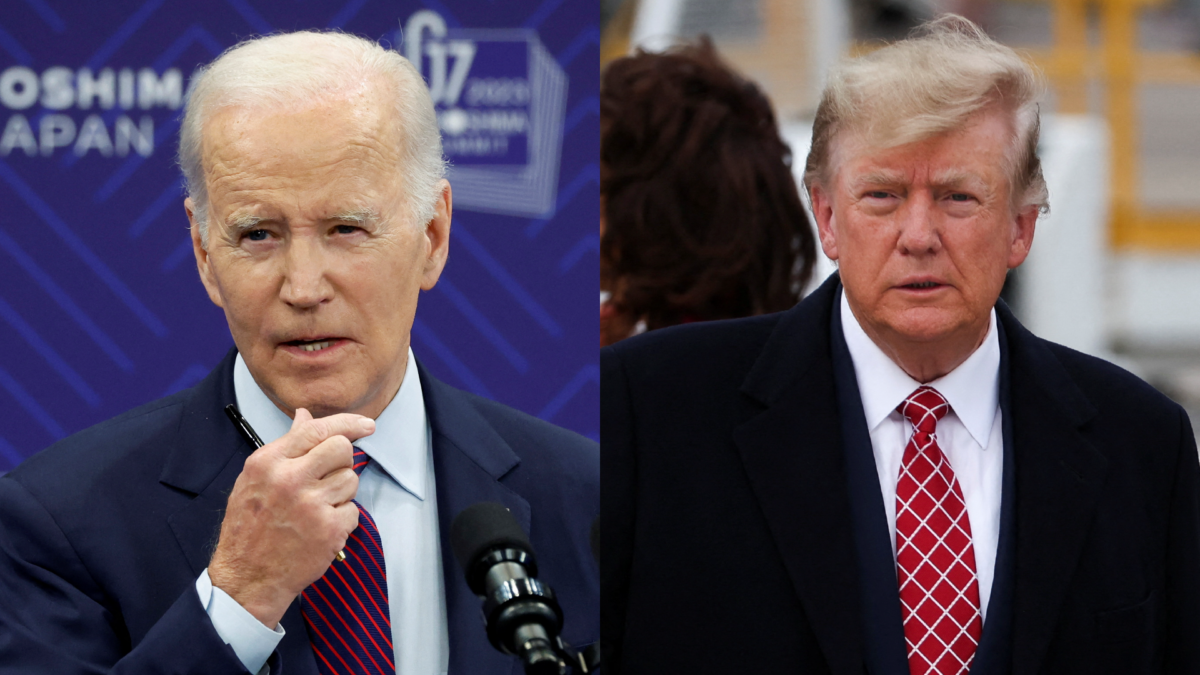
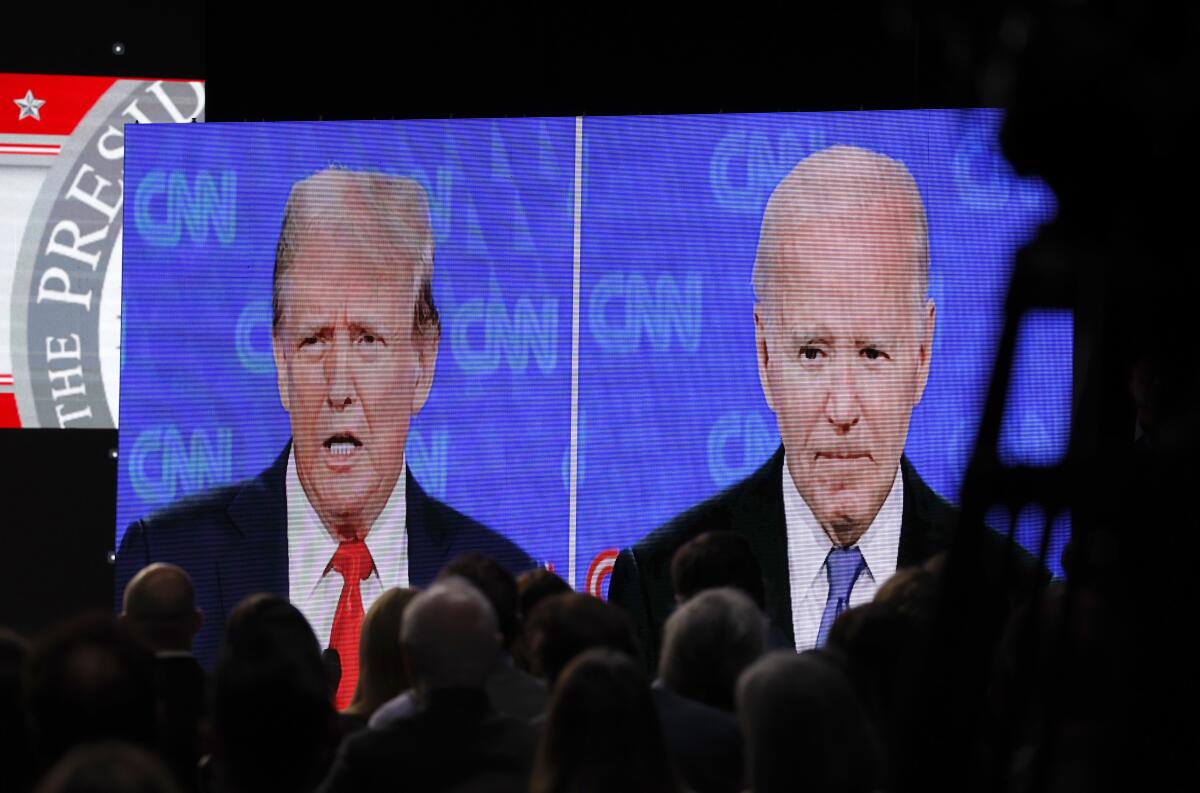
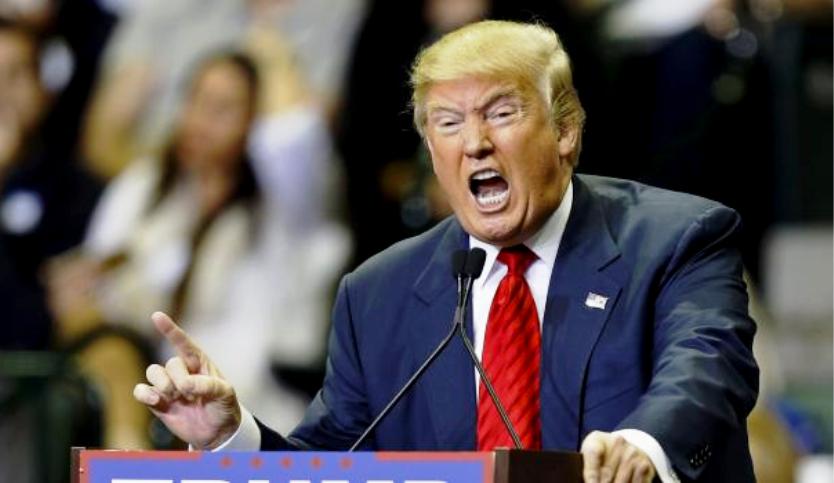
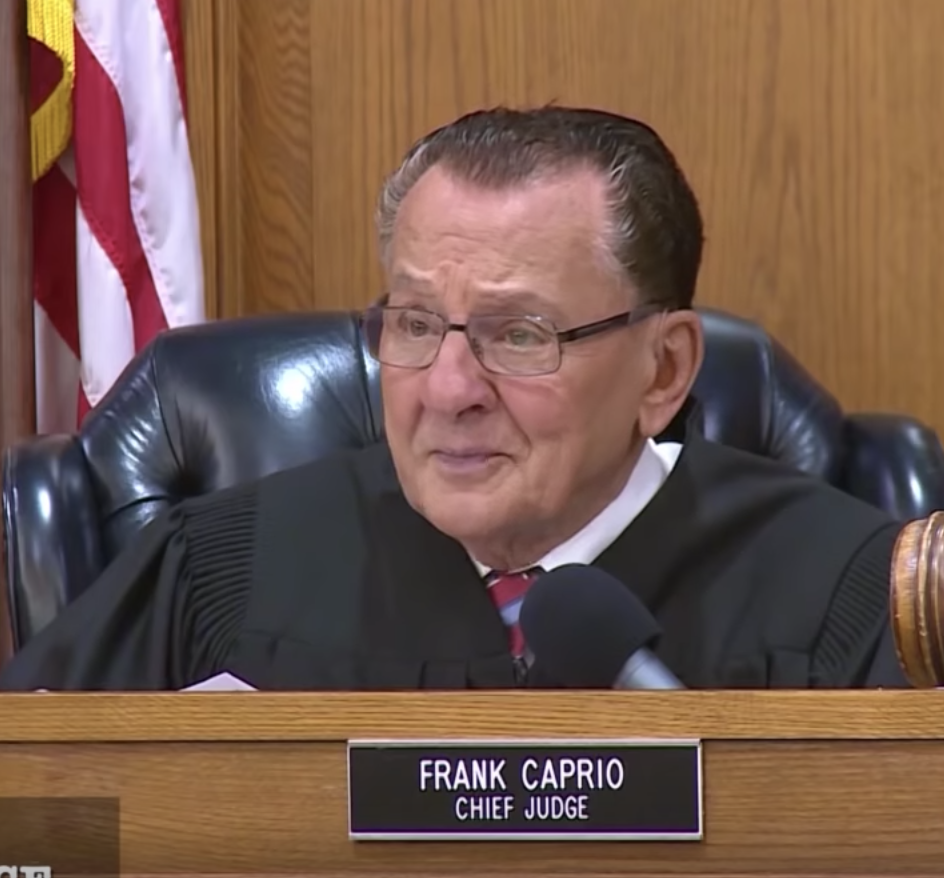



Thank you so much for your thoughtful article regarding the Sony “Hack.” What I find astonishing is that all of the news agencies knew the information was ill-gotten. The term “hack” implies stolen information. If these news agencies knowingly publish stolen goods how are they not being prosecuted? What is the next step for Sony? How is publishing this information any different than the illegal phone “hacks” that were published by “News of the World”? The end result of that scandalous act was the resignation of many high-profile individuals. Could we anticipate some similar actions taken against those who published the Sony information?